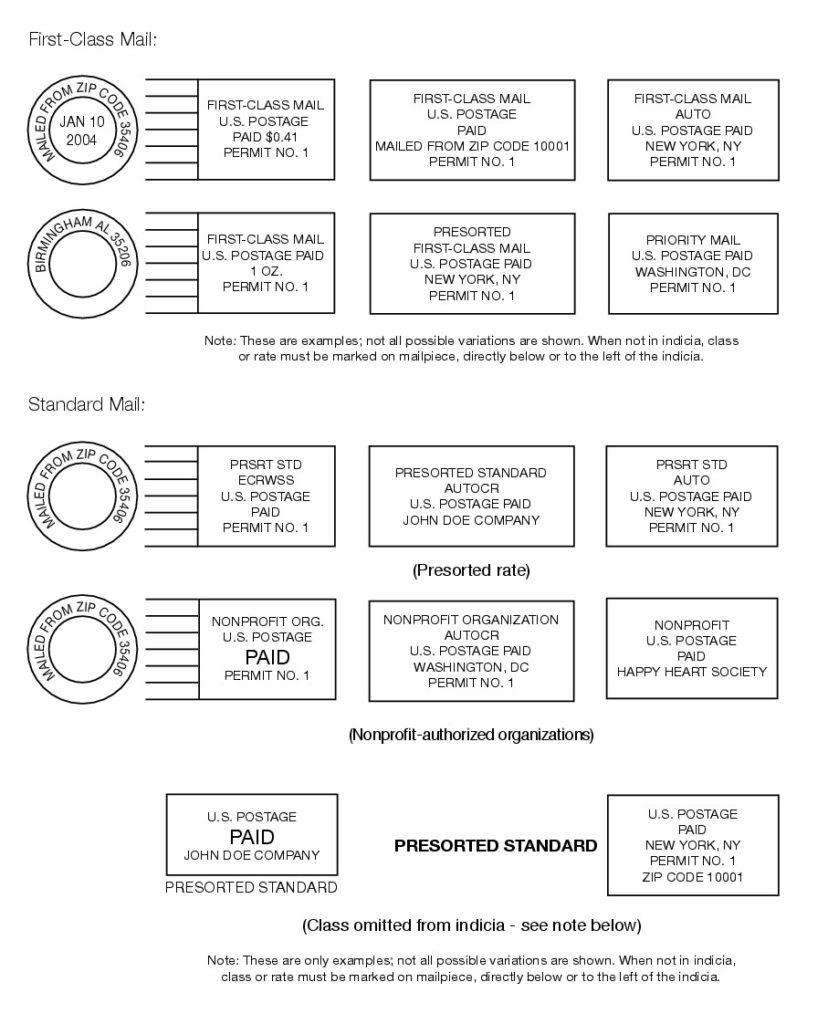In many institutions, bureaucracy serves as a framework for order and control. However, when it comes to marketing, the rigidness of bureaucratic systems often becomes a hindrance, particularly with the essential process of interdepartmental feedback. Effective feedback is the lifeblood of successful marketing strategies—it fuels innovation, engagement, and profits. Yet, in highly bureaucratic organizations, marketing teams find themselves ensnared in red tape that stifles their ability to collect feedback.
The Role of Feedback in Marketing
Feedback in marketing is pivotal. It connects the outcomes of campaigns with strategic planning, providing insights into what works, what doesn’t, and what could be improved. This feedback loop should be agile and responsive to allow businesses to quickly adapt their strategies in alignment with business goals. Typically, this feedback comes from campaign analytics and interdepartmental consultations. Consumer comments and surveys may also provide valuable sources of feedback.
How Bureaucracy Impedes Feedback
In a bureaucratic setup, the processes and systems in place can create barriers to the free flow of feedback. These are a few ways bureaucracy can stymie this essential function:
- Delayed Responses: Bureaucratic procedures involve multiple layers of approvals and reviews. This slows down the response time, making feedback outdated by the time it is actually heard and acted upon, thereby diminishing its relevance and effectiveness.
- Risk Aversion: Bureaucracies are risk-averse. This inherent trait can lead to a discouragement of feedback that suggests significant changes or innovative approaches, preferring to maintain the status quo rather than experiment with fresh ideas.
- Limited Channels of Communication: In a rigidly structured organization, the channels of communication are formalized and limited. This prevents feedback from lower levels of the organization reaching the decision-makers unless it goes through the proper channels which can filter and even alter the original messages.
- Cultural Barriers: A bureaucratic culture often values conformity and adherence to established procedures over open dialogue and critique. This culture can create an environment where employees feel discouraged from providing honest feedback for fear of repercussions.
The Consequences for Marketing
The implications of impeded feedback in marketing are significant:
- Reduced Agility: The inability to adapt quickly to market conditions or consumer feedback can leave a company lagging behind its competitors.
- Decreased Innovation: Without fresh ideas and critiques, marketing strategies will become stale and ineffective, failing to capture the audience’s attention.
- Lower Morale and Engagement: Teams that do not feel heard are less likely to be engaged and motivated, which can affect productivity and creativity.
Strategies to Overcome Bureaucratic Barriers
To foster a more effective feedback environment in bureaucratic settings, organizations can adopt the following strategies:
- Establish Direct Feedback Channels: Implement systems that allow for direct communication between frontline staff and senior decision-makers.
- Encourage a Culture of Openness: Leaders in the organization should actively encourage and reward the sharing of ideas and feedback, regardless of hierarchy.
- Utilize Technology: Digital tools can be used to collect, analyze, and distribute feedback efficiently, bypassing some of the bureaucratic layers.
- Regular Review of Processes: Continually assessing and refining feedback processes ensures they remain relevant and are not bogged down by unnecessary bureaucratic procedures.
While bureaucracy is designed to create order and ensure consistency within large organizations, it can also hinder the responsiveness and adaptiveness essential to effective marketing. By recognizing the value of feedback and implementing changes to enhance its flow, companies can improve not only their marketing outcomes but also their overall agility and innovation. Thus, breaking through the bureaucratic barriers can lead to a more vibrant, responsive, and successful marketing strategy.










